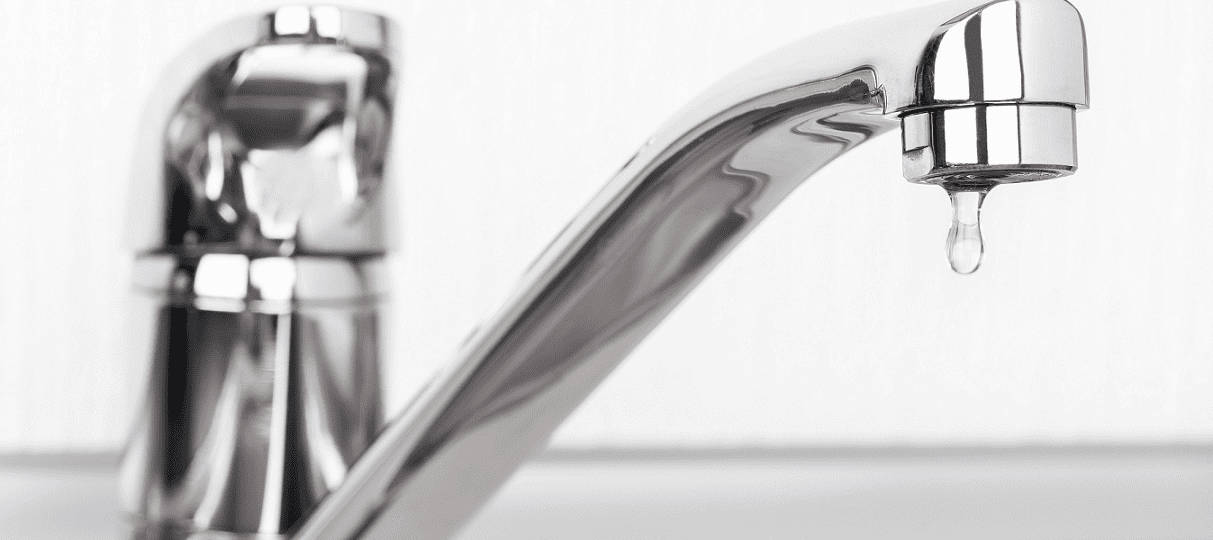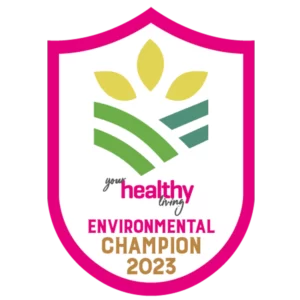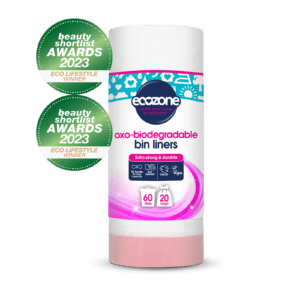The True Cost of Water Scarcity and How We Can Help
Guest article by sustainability advocate, Charlotte Murphy
For the last four summers, we have been experiencing some of the highest temperatures and lowest rainfall on record. However, whilst people flock to the beach and national parks to enjoy these unexpected conditions, it has also brought attention to a growing issue: water scarcity. A steady increase in summer hosepipe bans and cargo ships being re-routed or delayed due to falling water levels are just a few of the consequences of drought and water scarcity which have an impact on our day to day lives. It now affects every continent, with water use growing at twice the rate of population increase over the last century. In many countries this is being exacerbated by contamination, collapsed infrastructure, ineffective distribution and unsustainable water usage becoming more prevalent in areas like farming and manufacturing.
Climate change is also accelerating water scarcity, with studies suggesting that recent droughts in Europe are the worst to hit the continent in over 2000 years. When combined with the fact that only 3% of the world’s water is drinkable and only one third of that is available for our use then water scarcity seems like a looming threat even for those of us living in countries where water seems plentiful. Unless fought, water scarcity is expected to keep rising with predictions that over half of the world’s population will be living in water scarce areas by 2050 and that 700 million people could be displaced by lack of access to water before 2030. However, there is now a growing movement towards ethical water consumption that does not require high spending or too much effort.
So, what can we do to help? While there are many ways to fight water scarcity, here are a few accessible and effective tips:
Cutting Down On Water Waste
Not only does cutting down on your water waste give you the satisfaction of fighting the good fight, but it also helps to reduce your water bill! A few easy ways to do this are:
- Taking short showers rather than long showers or baths.
- Using the eco-setting on your dishwasher, or adopting good washing up habits.
- Not leaving the tap running while you do things like brushing your teeth or washing dishes.
- Placing a cistern displacement device in your toilet cistern to reduce the amount of water your toilet uses when it flushes.
- Choose shorter wash cycles, on lower temperatures, when doing your laundry.
Even these seemingly small adjustments to your water consumption can make a huge difference!
Harvesting Rainwater
If you’re looking for a more substantial way to make a difference, consider installing a water butt to collect water for your garden, or to wash your car. This not only supports the environment, but also reduces your household bills. You could even install a rainwater harvesting system which connects the water tank to appliances in the house like washing machines or toilets. While a little more expensive, these systems can save you up to 50% on water bills and collect far more rainwater than a regular water butt. According to industry specialists Tanks For Everything “Having a water butt in your garden is a good start but investing in an RHS helps to preserve the environment as well as giving you access to an ongoing supply of water.” Keep in mind however, that if you want to make the water potable, you’ll need extra equipment to help extensively process it, as rainwater is generally not safe to drink.
Supporting Clean Water Initiatives
The global water crisis is affecting every continent, but developing countries are hit a lot harder by it due to lack of infrastructure. There are a lot of non-profit organisations out there to choose from that raise funds to provide water processing and dispensation in places where access to clean water is extortionately expensive or just non-existent. Effective water dispensation can help with everything from providing plumbing for public toilets to controlling the spread of diseases like Ebola and Cholera. You can donate as little or as much as you want, whenever you feel you can afford it and know that it will make an impact on water scarcity everywhere.
Water Scarcity is a problem that has emerged suddenly over the course of the last century due to sharp increase in population; increase in household and industrial water use in developed countries, and climate change among other things. While these might seem like causes that are too large and pervasive to tackle, there is a lot that we as individuals and communities around the world can do to start tackling it. In taking these steps we can also help ourselves by living a cheaper, more ethical, and sustainable lifestyle.











